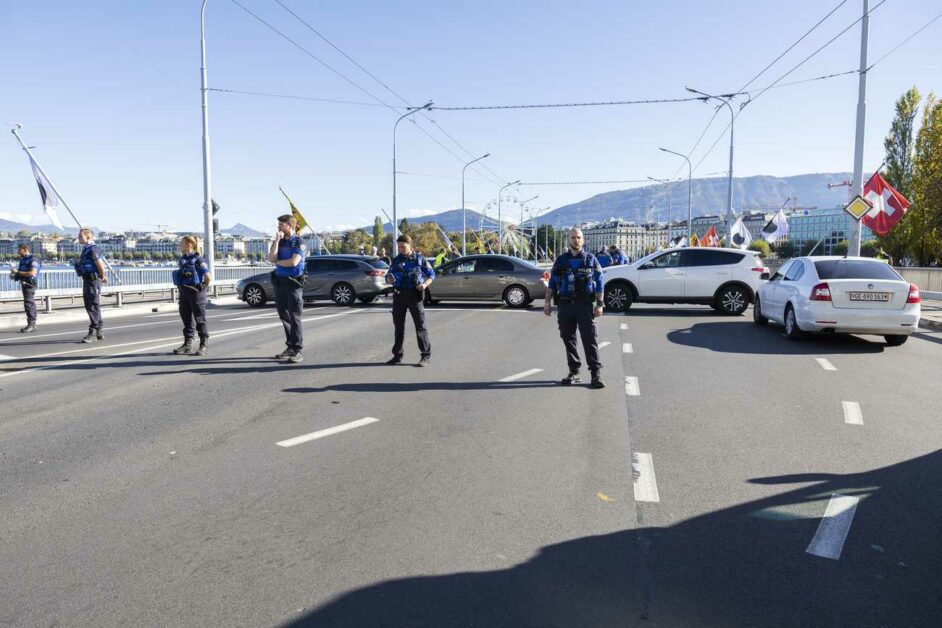Thu, May 23rd 2024
Eritrean political tensions lead to street clashes in Switzerland, revealing deep-rooted diaspora conflicts.

Renewed street battles between Eritrean groups in Switzerland are expected this weekend, influenced more by Swiss politics than initially apparent claims reports from NZZ. On May 24, Eritreans commemorate President Isaias Afewerki’s entry into Asmara 33 years ago and Eritrea’s independence two years later. This date has become a flashpoint for clashes between supporters and opponents of Afewerki.
The Swiss cantonal justice and police directors have warned communities of potential riots. In recent years, these conflicts have escalated, with significant incidents in Gerlafingen, Giessen, and Stuttgart.
The underlying issue is the long-term impact of Western countries’ dealings with the Eritrean regime. Eritrean activists use these protests in Switzerland to their advantage, gaining attention and influence from the violence. Afewerki, initially seen as a reformer, transformed Eritrea into a dictatorship.
The diaspora, impacted by this regime, experiences coercion and surveillance, including a diaspora tax and potential informants within their community.
European policies have inadvertently supported the Eritrean regime. Young Eritrean refugees in Switzerland, often traumatised, find themselves facing a community that still reveres Afewerki.
As Afewerki, now 78, prepares for a possible transition, opposition groups see an opportunity for change, leading to increased conflicts abroad. The recent clashes in Gerlafingen, involving armed groups and significant police intervention, highlight these tensions. Swiss authorities have urged the Eritrean community to resolve their conflicts without resorting to violence.
